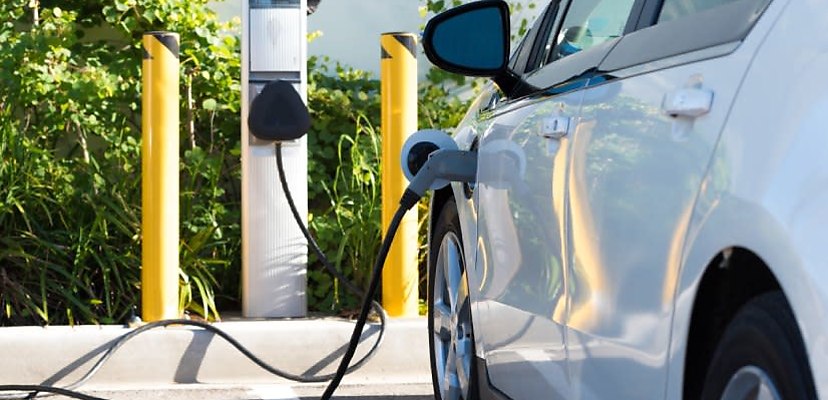Share this article on:
Powered by MOMENTUMMEDIA
Breaking news and updates daily.
Experts have warned about the risks of electric vehicle charging, with technology needed to manage the electricity flow opening an exploitable vector for potential threat actors.

Ross De Rango, head of energy and infrastructure at the Electric Vehicle Council explained that further planning was required to ensure that the infrastructure which manages electric vehicle (EV) charging does not become a vector for threat actors to attack the energy grid.
Speaking to the AAP during this week’s Australian Cyber Conference, De Rango expressed concern that tools which oversee EV charging — to ensure that the vehicles do not all demand energy at the same time — could be exploited to amplify demand on Australia’s energy grid.
“What happens if we are building a system where all of the EV charging normally happens at the right time and a malicious actor gets involved and all of a sudden the EV charging happens at the wrong time?” De Rango warned.
Concerns surrounding the vulnerability of electric vehicle charging stations were raised earlier in the year.
Electric vehicle charging stations in Russia were hacked to show messages stating “Putin is a dickhead” and “Glory to Ukraine.”
— Mikael Thalen (@MikaelThalen) February 28, 2022
Russian energy company Rosseti claims that a Ukrainian company that helped build the chargers used a backdoor to hack them.
pic.twitter.com/uyIXb42WeU
Following Russia’s invasion of Ukraine, in March it was reported that Russian electric vehicle charging stations were hacked to show political messages including “Putin is a dickhead”.
Further research from security consulting and testing company Pen Test Partners in July last year identified how some charging platforms, which could be remotely monitored, allowed hackers to gain user credentials and wi-fi PSK.
Be the first to hear the latest developments in the cyber industry.